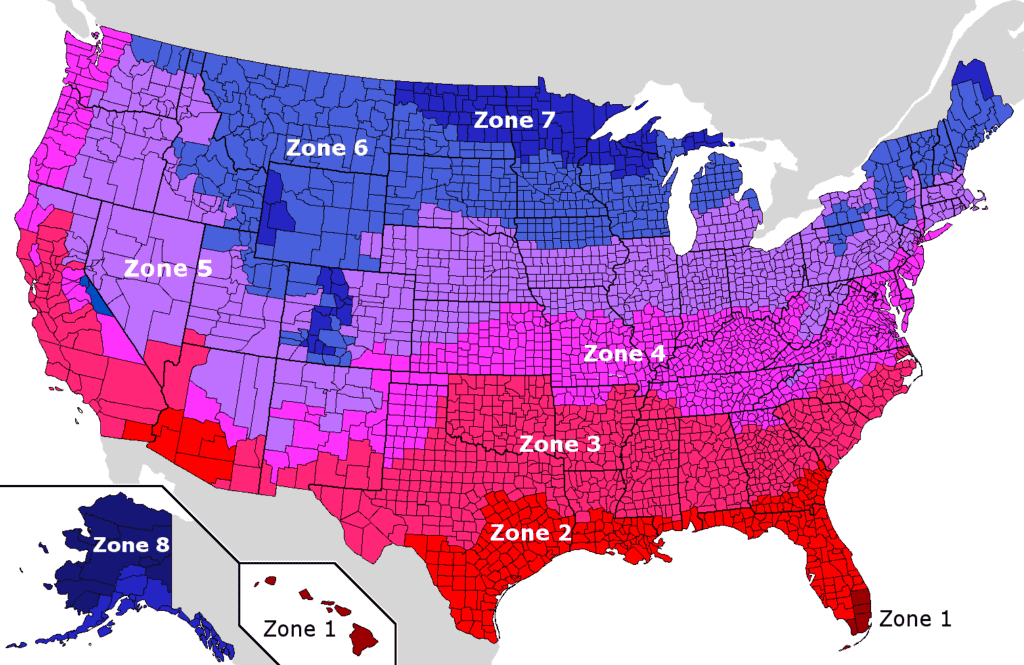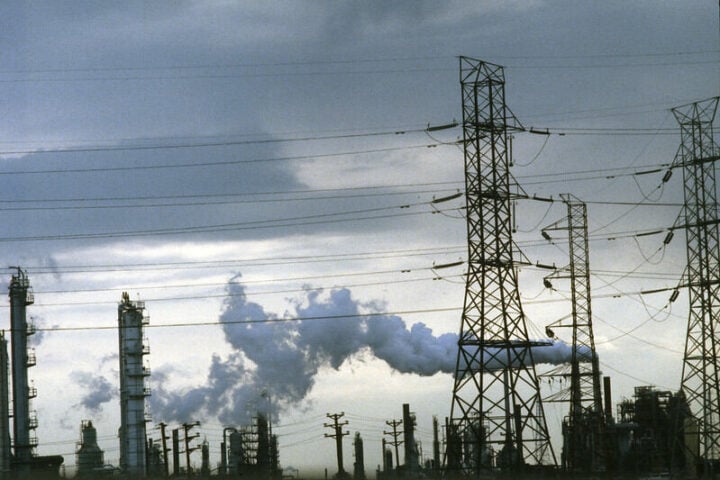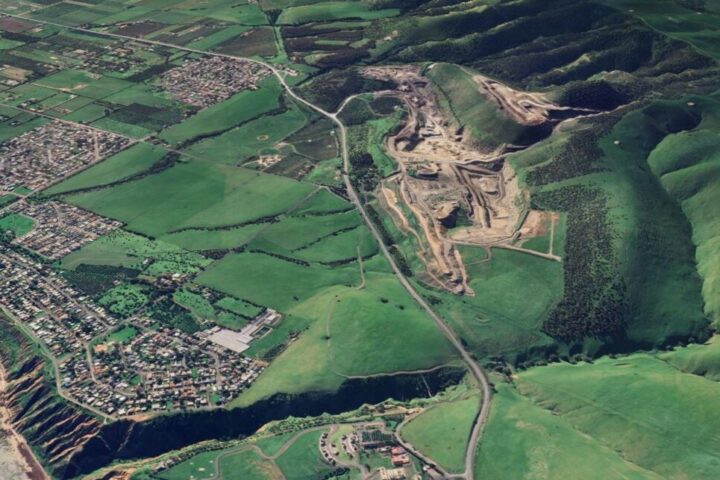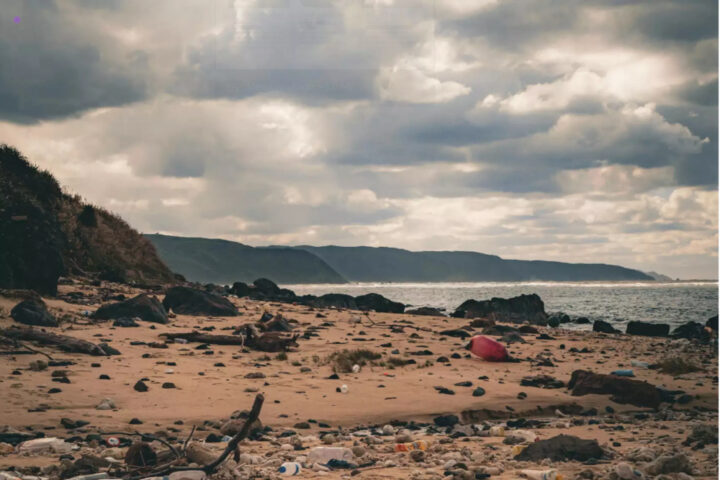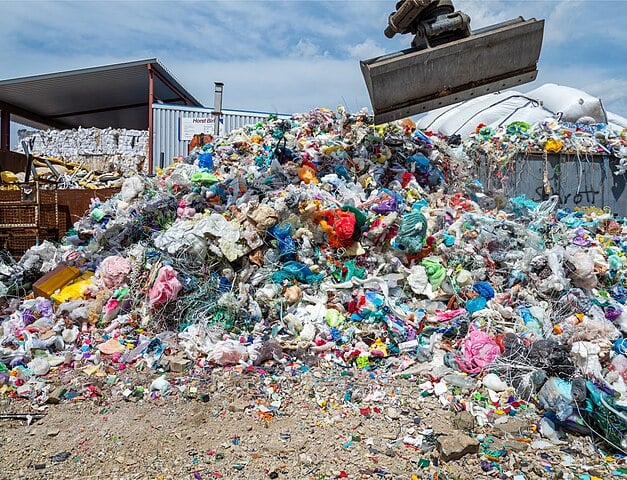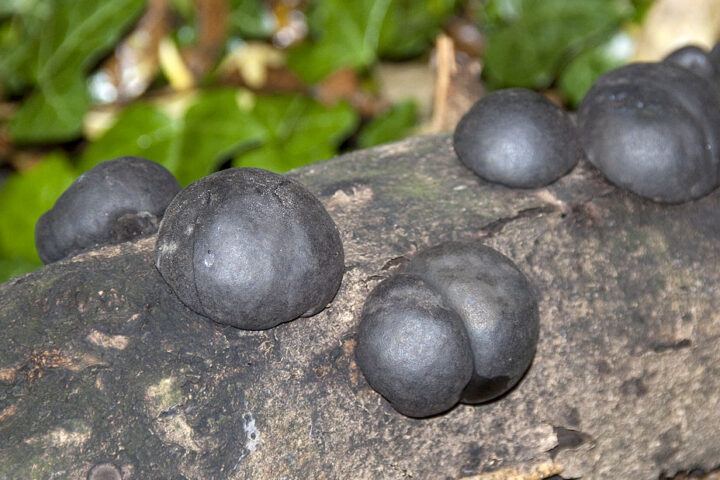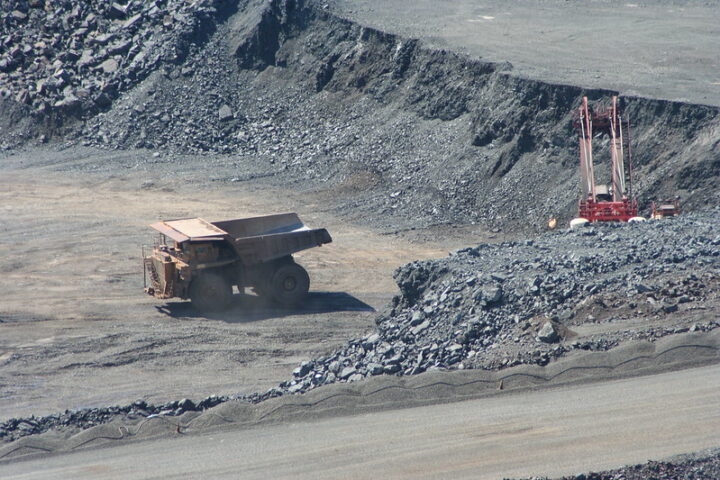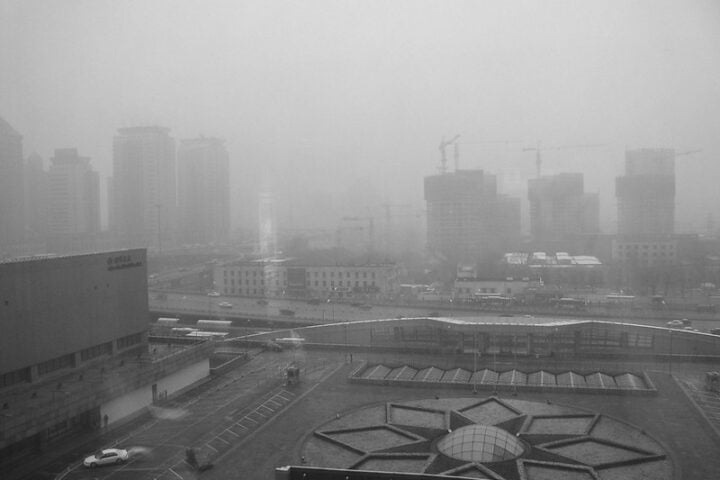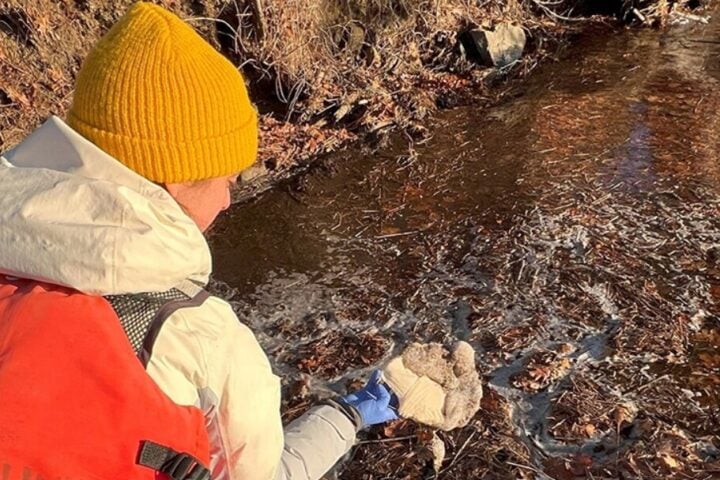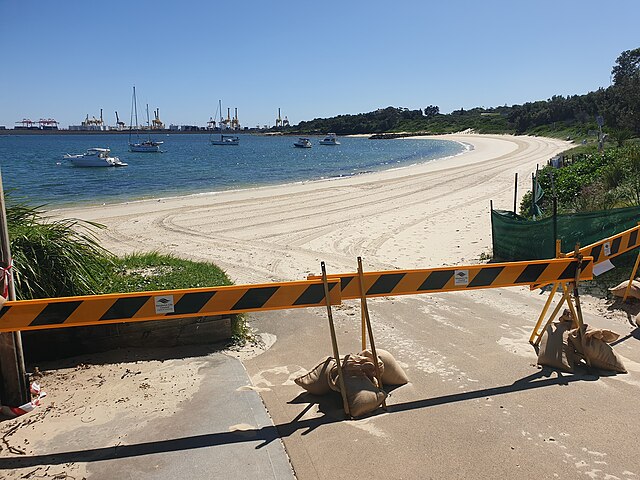Winters across much of the US are getting shorter and springs longer, giving plants more time to grow, flower,& release pollen; as the world warms as a result of burning fossil fuels. Allergy season is lengthening due to climate change & the Wednesday analysis by climate research nonprofit Climate Central found exactly by 15 days on average since 1970.
Climate Central meteorologist Lauren Casey said,” I think a lot of times people think climate change is this very nebulous entity, but it’s happening now, and it’s impacting our health on a daily basis.”
According to the new study, based on data from 203 cities, the Northeast has seen a growing season. The period between the last freeze of spring and the first freeze of fall has lengthened by the same amount of time as the rest of the nation, about 15 days on average.
Since 1970, allergy season has got 13 days longer in Boston. Even more severe changes have occurred in some cities. The season between the last and first freeze grew by at least a month in 31 cities, and Reno, Nevada’s season increased by a stunning 99 days.
Richard B. Primacy, a biology professor at Boston University, who focuses on climate change and did not work on the new report, said, “When we have warm weather earlier in the year, buds open earlier, and allergy season can also last longer into fall if it stays warm.”
According to Centers for Disease Control and Prevention data, more than 24 million people in the US suffer from pollution-induced respiratory allergies. Caroline Sokol, a physician in Massa chusetts General Hospital’s Allergy & Clinical Immunology Unit, said, “Though we “normalize” allergen-triggered disease like hay fever -technically known as allergic rhinitis.
She said, “Allergic rhinitis takes a huge toll in terms of missed time at work because people feel horrible, people feel sick, so many people are walking through right now because their immune system is basically fighting off an allergic just it would a virus, making us feel exhausted & miserable.”
Owing to climate change, ticks& allergies are arriving earlier. Seasonal allergies can also have dangerous health impacts, including triggering worsening asthma. A risk can be exacerbated due to other environmental factors, like poor air quality.
Primack said,” All these problems with allergies are going to be compounded by air pollution.” According to the new report, carbon pollution warms the planet & lengthens the spring season, increasing allergen production & making allergy season not just longer but also more severe.
Casey said, “Plants use carbon dioxide & photosynthesis. They take that CO2 &transform it into energy. So you see more plant growth which means more pollen”. It is suggested by research that climate change-fuelled increases in rainfall& extreme weather are increasing the amount of nitrogen polluting rivers & other waterways. That is likely causing some allergies, like ragweed- a flowering plant common to New England which is often found along streets & vacant lots- -to produce more pollen, Primack said.
He said,” There ‘a much more nitrogen in the soil now than there was, say 50 years ago,& ragweed does better in high nitrogen environments, as well as high CO2 environments.” Climate change causes worse pollen. An earlier study published in the journal Nature Communications last year looked specifically at 15 types of pollen from different plants found in the US & found, in computer simulations, that pollen counts are increasing. And if the world keeps emitting carbon, things could get worse. The authors found that by the end of the century, pollen could double.
Pollen isn’t the only trigger of seasonal allergies. Mood can also exacerbate allergy season, and climate change is making that worse too, the report says. Mold thrives in warm, wet conditions, which are becoming more common in much of the US as climate change drives up temperatures & increases the frequency of extreme rain events.
The report also highlights the link between allergens & thunderstorms, which research shows are becoming more severe amid the climate crisis. During torrential downpours, pollen &mold spores can spread through the air more efficiently. Strong upward winds during storms can lift up pollen trains, which then get dispersed across a wide distance when downdraft winds begin. To make matters worse, when pollen grains get wet, they rupture, & break into small pieces.
- Sydney Light Rail Hits 150M Trips as L1 Dulwich Hill Adds 48 Weekend Services
- Global ‘Tesla Takedown’ Protests Erupt in 253 Cities Against Elon Musk’s Political Influence
- NSW Health Urges Caution as Nitazene-Laced Fake Oxycodone Circulates
- EPA’s New Email System Allows Industrial Polluters to Request Clean Air Act Exemptions
- Ancient Supernovae and Kilonovae Deposits Found in Deep-Sea Sediments
Once those tinier bits dry out, they are more easily dispersed by the wind and they’re more easily inhaled. Respiratory issues triggered by pollen can be exacerbated by air pollution, which tends to be more severe in highly industrialized urban centers, & often has the worst effects for poorer areas with higher percentages of people of color.
Allergies also Ca pose financial challenges, said Patrick Kinney, a professor at Boston University School of Public Health. Medications can be expensive, as can devises Loke air filters that can that CA help lessen symptoms. He said,” Allergy season is a big deal from a quality of life & health perspective, as well as from a medical expenditure perspective.”
